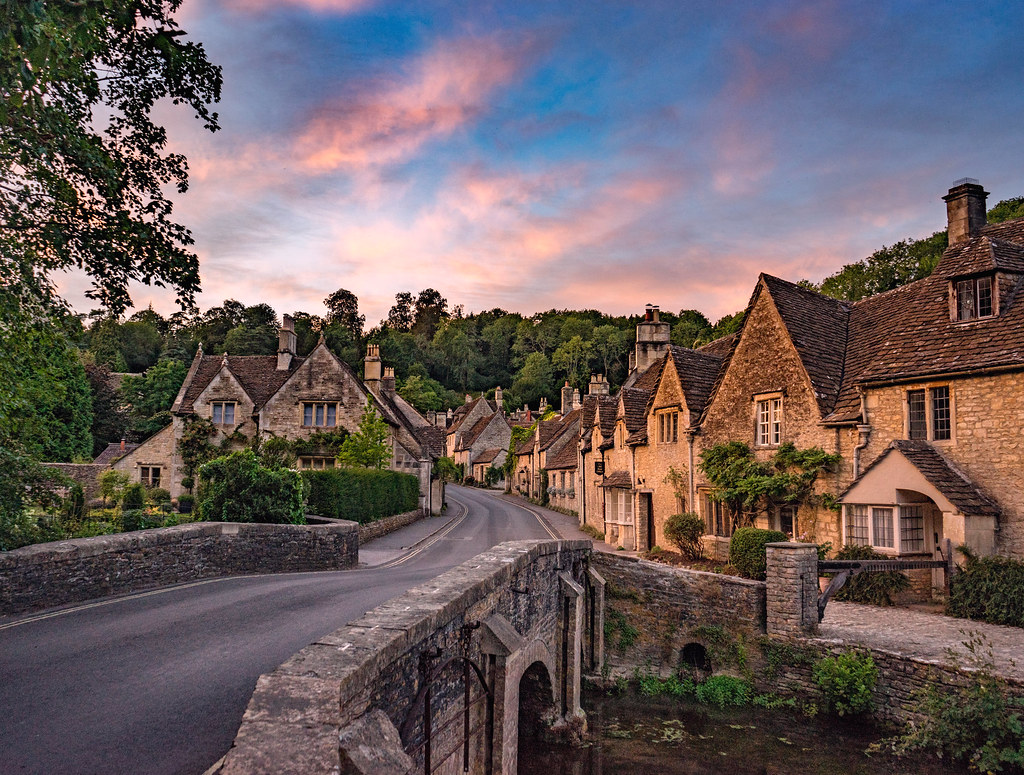When people think of England, their minds often jump to the bustling streets of London, the historic city of Oxford, or the dramatic landscapes of the Lake District. Yet beyond the famous landmarks lies one of the country’s most enchanting treasures — the English countryside. With its rolling hills, ancient woodlands, stone cottages, and quaint villages, rural England offers a peaceful retreat steeped in tradition, history, and natural beauty.
A Slow-Paced Escape
The English countryside appeals to those seeking a slower, more contemplative form of travel. Unlike the fast-paced rhythm of urban tourism, rural England invites visitors to walk rather than rush, to explore rather than tick off lists. This slower pace reveals the rhythm of life as it once was — and in many ways, still is. It’s where you’ll find farmers tending to sheep, bakers rising before dawn to prepare fresh scones, and village greens where cricket matches unfold on summer afternoons.
Picture-Perfect Villages
Perhaps the most iconic image of rural England is the traditional village — and for good reason. The Cotswolds, for instance, is home to some of the country’s most picturesque settlements like Bibury, Bourton-on-the-Water, and Castle Combe. These villages are dotted with honey-colored stone cottages, flower-filled gardens, and charming teahouses. Wandering through them often feels like stepping into a postcard or a period drama.
Equally captivating are villages in Yorkshire, Suffolk, and Devon, each with its own distinct character. From thatched roofs to medieval churches, local pubs to open-air markets, these villages preserve a strong sense of identity and heritage.
Nature and Outdoor Activities
Beyond the architectural charm lies a world of natural beauty. England’s countryside offers a variety of landscapes, from the rugged cliffs of Cornwall to the tranquil meadows of the South Downs. National parks such as the Peak District, the Lake District, and the Yorkshire Dales are perfect for hiking, cycling, and birdwatching. The walking trails — like the South West Coast Path or the Pennine Way — draw thousands of outdoor enthusiasts each year.
Countryside tourism often includes farm stays, where visitors can milk cows, collect eggs, and learn about sustainable agriculture. These experiences are particularly popular with families and those looking to reconnect with nature.
History at Every Turn
One of the joys of rural England is discovering history woven into the landscape. Ancient Roman roads still crisscross fields; crumbling castles overlook sleepy hamlets; and standing stones speak of a time before written history. Many villages boast centuries-old pubs and inns that once housed travelers, rebels, and kings.
Historic homes and gardens, such as those managed by the National Trust, offer insight into England’s aristocratic past. Visiting estates like Blenheim Palace, Chatsworth House, or Sissinghurst Castle Garden is both a cultural and aesthetic experience.
Culinary Traditions
The English countryside is a haven for food lovers. Local produce, traditional recipes, and a renewed emphasis on farm-to-table dining have transformed the rural culinary scene. Farmers’ markets offer everything from organic vegetables to artisan cheeses and homemade jams.
Pubs remain central to village life, offering hearty meals and regional ales. Cream teas in Devon, roast beef in Yorkshire, and Cornish pasties are just a few local specialties worth sampling. Increasingly, rural England is also home to Michelin-starred restaurants and innovative chefs who elevate traditional fare with modern techniques.
A Sustainable Future
With the rise of eco-conscious travel, the English countryside is becoming a model for sustainable tourism. Many accommodations are now eco-friendly, from solar-powered B&Bs to glamping sites that tread lightly on the land. Locally guided tours, bicycle rentals, and conservation-focused experiences allow tourists to explore responsibly and support rural communities.
Moreover, by distributing tourist activity beyond major cities, countryside tourism helps reduce overcrowding in urban centers and keeps village economies vibrant.
Tourism in the English countryside offers more than just scenic views — it offers connection: to nature, to history, and to a way of life that values simplicity and authenticity. Whether you’re strolling through a misty valley at dawn, enjoying a pint in a centuries-old pub, or chatting with locals at a village fête, you’re experiencing something timeless.
For those willing to stray from the beaten path, rural England promises not just a journey through space, but through time — where every stone wall, winding lane, and blooming hedgerow has a story to tell.


